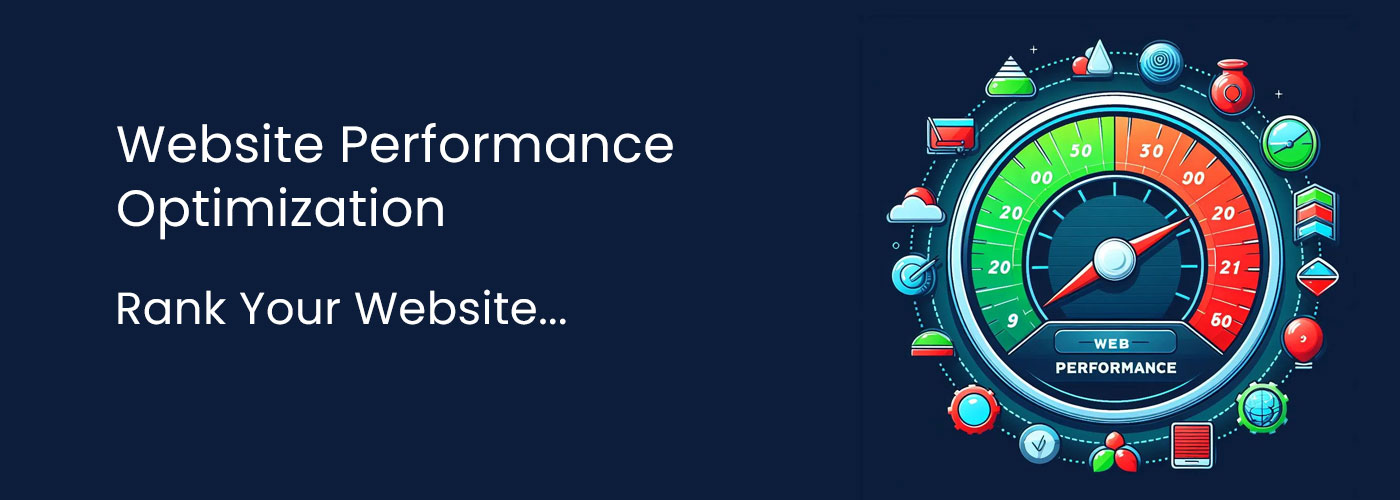Discover Australia's Finest
Explore the latest news, insights, and stories from down under.
Speed Matters: Why Your Website Can't Afford to be Slow
Discover why a slow website can cost you traffic and sales! Uncover crucial tips to boost your site speed and maximize performance.
The Impact of Loading Speed on User Experience and Conversions
Loading speed plays a crucial role in shaping user experience on a website. Studies have shown that users expect a page to load in less than three seconds, and anything longer can lead to increased bounce rates. When a website takes too long to load, it can frustrate visitors, ultimately driving them away. This displeasure not only affects user satisfaction but also leads to a decline in page views. A fast-loading site, on the other hand, keeps users engaged and encourages them to explore further, resulting in longer session durations and better engagement metrics.
Furthermore, loading speed directly impacts conversions. An e-commerce site that struggles with speed may see a significant drop in sales, as potential customers abandon their carts in frustration. According to research, even a one-second delay in loading time can cause a 7% reduction in conversions. Therefore, optimizing website performance to ensure swift loading times is not just a technical necessity; it's also a strategic business decision. By enhancing the loading speed, businesses can improve user experience, boost their search engine rankings, and ultimately drive higher conversion rates.

5 Proven Strategies to Accelerate Your Website Performance
In today's digital landscape, website performance is crucial not only for user experience but also for search engine rankings. Here are five proven strategies to enhance your website's speed and efficiency:
- Optimize Images: Large image files can significantly slow down your website. Use appropriate formats like JPEG for photos and PNG for graphics, and employ tools to compress these files without losing quality.
- Leverage Browser Caching: By allowing browsers to store certain elements of your site, repeat visitors will experience faster loading times. Set appropriate cache-control headers to dictate how long resources should be cached.
In addition to the above strategies, consider the following effective techniques to further boost your website performance:
- Minimize HTTP Requests: Reduce the number of elements on your page that require loading, such as scripts and stylesheets. Consolidating files and using CSS sprites can lead to fewer HTTP requests.
- Implement a Content Delivery Network (CDN): A CDN distributes your website's content across various servers worldwide, ensuring quicker access for users regardless of their location.
- Monitor and Analyze Performance: Regularly use tools like Google PageSpeed Insights to analyze your website’s performance and identify areas needing improvement.
Is Your Website Speed Costing You Customers? Here's What You Need to Know
In today's digital landscape, website speed is more crucial than ever. Studies show that slow-loading pages can lead to significant drops in conversion rates. In fact, a delay of just one second can result in a 7% reduction in sales. With consumers expecting sites to load in under three seconds, failing to optimize your site's speed can cost you not just visitors, but potential loyal customers. If your website is lagging, you might be unknowingly pushing your audience towards competitors.
To assess whether website speed is impacting your business, consider performing a speed test using tools like Google PageSpeed Insights or GTmetrix. Focus on key aspects like image optimization, browser caching, and reducing server response time. Implementing these strategies can drastically improve load times and enhance user experience. Remember, a fast website not only keeps customers happy and engaged but also boosts your search engine ranking, making speed an essential factor in your online success.